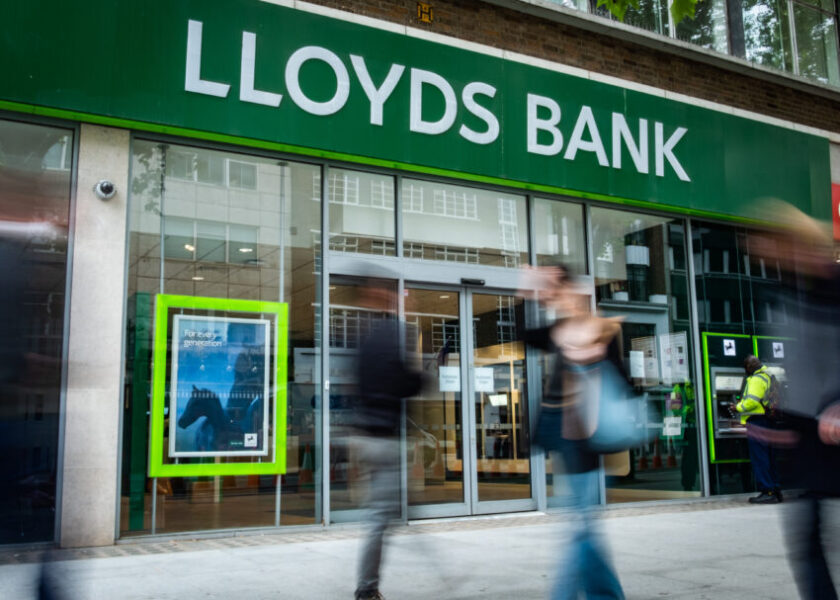Mercore and Lloyds take digital bill push to secondary market
Lloyds and non-bank trade finance provider Mercore say they have carried out what is believed to be the first secondary market transactions using digital bills of exchange.
Bills of exchange have been used for centuries in trade finance but digitisation proponents are trying to give the financing instruments a new lease of life in an electronic format.
In the transaction, Mercore’s client, a South American sugar exporter, drew on a digital bill of exchange which was accepted by the importer, a UK client of Lloyds.
Mercore funded the transaction against the bill and Lloyds participated in the funding through a Master Participation Agreement. Mercore declined to name the importer and exporter.
London-headquartered Lloyds and Mercore have previously worked on pilot transactions seeking to demonstrate the viability of digital trade transactions.
The pair started using digital bills to underpin sales of sugar from South America to the UK last year. As for previous deals, Swedish fintech Enigio is used as the technology provider.
But Mercore says it is also exploring additional secondary market transactions using digital bills of exchange with other financial institutions.
“We are actively participating digital bills of exchange under a different transaction to another bank already… we have concluded several participations in [the instruments] to both of these counterparties and continue to do so,” Mercore deputy chief executive Anthony Wadsworth-Hill said.
Lloyds says using digital negotiable instruments such as bills of exchange can cut secondary market transaction times to a couple of hours.
Surath Sengupta, Lloyds’ head of trade and working capital, says in a statement that “combined with continued uptick in the use of digital negotiable instruments to deliver trade financing, a vibrant digital secondary market could help extend the funding of cross-border trade, helping more businesses around the world trade more efficiently”.
Enigio executive director Alex Waites says the deal “highlights the growing maturity of digital trade finance and the tangible benefits of faster, more secure processes that unlock greater liquidity”.





